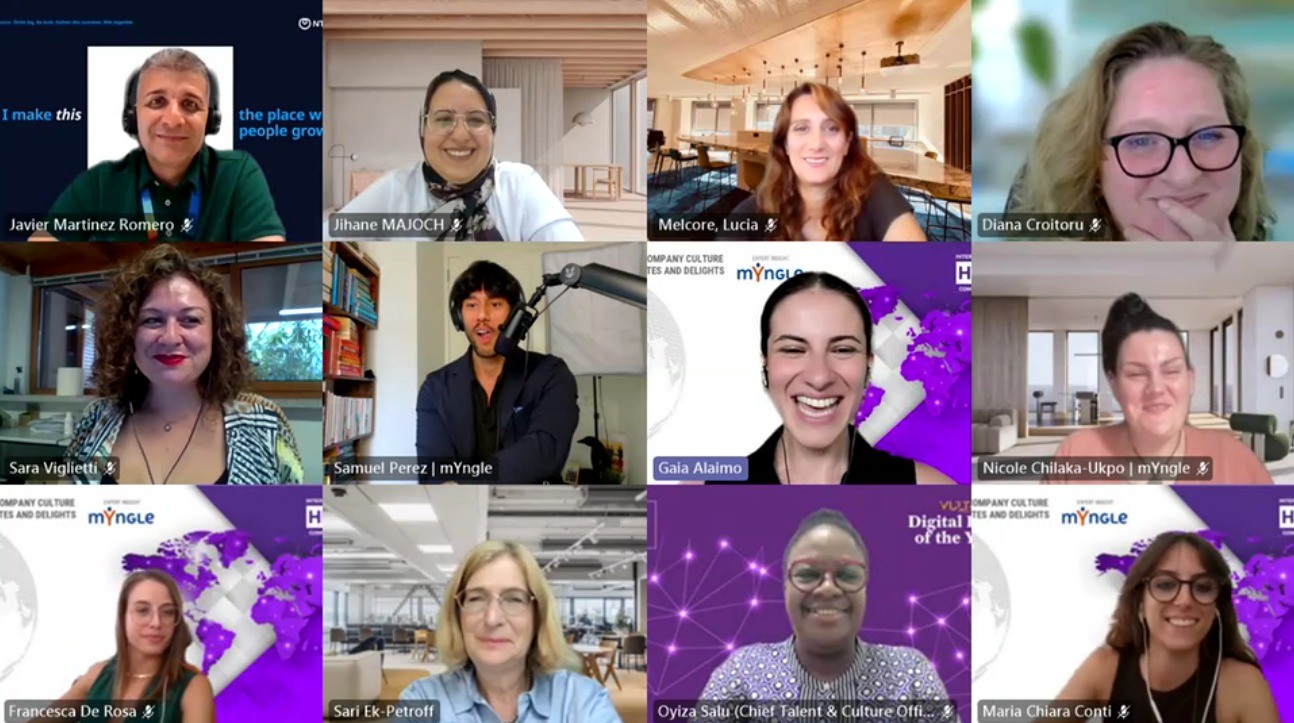Samuel Pelaez Perez
Commercial Director
MYNGLE
KEY POINTS
Jihane Majoch
Country Human Resources Director
DEKRA
KEY POINTS
Sari Ek-Petroff
HR Director
ENENTO GROUP
KEY POINTS
Lucia Melcore
HR Director Equality & Inclusion
P&G Europe
KEY POINTS
Oyiza Salu
Chief Talent & Culture Officer
Polaris Bank Limited
KEY POINTS
THANK YOU!


